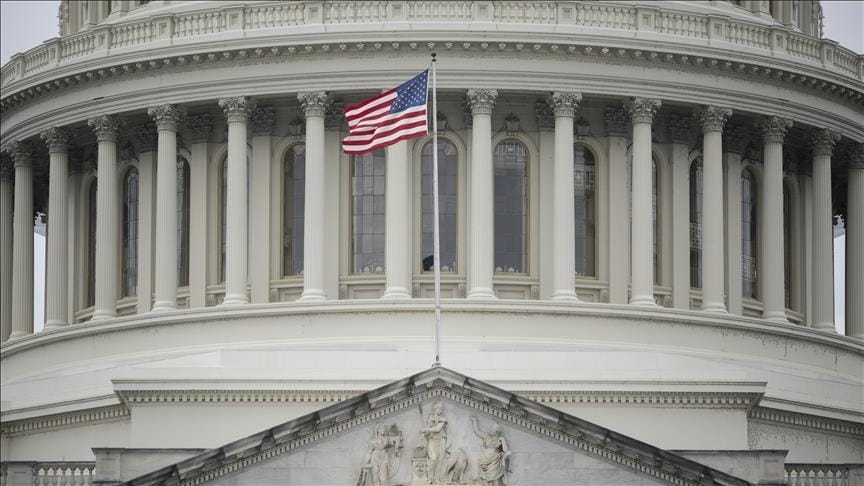The United States government is on the verge of a shutdown as lawmakers remain divided over budget negotiations and the future of health care subsidies. The deadline to avoid a lapse in funding expires at midnight, and discussions show little progress toward a compromise.
Dispute Over Funding and Health Care
Democrats are pushing for an extension of Affordable Care Act subsidies and the reversal of health program cuts enacted earlier in the year. Republicans, meanwhile, support a short-term continuing resolution to fund the government through November.
Both chambers of Congress have debated different proposals, but none have reached the 60-vote threshold required in the Senate. At the same time, the White House has signaled the possibility of permanently dismissing nonessential federal employees in the event of a shutdown, a measure considered a sharp escalation compared to traditional temporary furloughs.
Potential Impact of a Shutdown
If no agreement is reached, critical services such as Social Security and Medicare payments would continue, but delays are expected in new applications and services deemed nonessential would be suspended. Hundreds of thousands of federal employees would go without pay until the government resumes operations.
Social programs like the Women, Infants, and Children (WIC) initiative, which provides nutritional assistance and health screenings to families, are expected to be among the first affected.
Uncertain Outlook Before the Deadline
As the deadline approaches, both parties are standing firm on their positions, and no clear solution has emerged. The outcome of the negotiations will determine whether the country faces another government shutdown, bringing significant consequences for federal employees, public services, and broader confidence in the legislative process.



